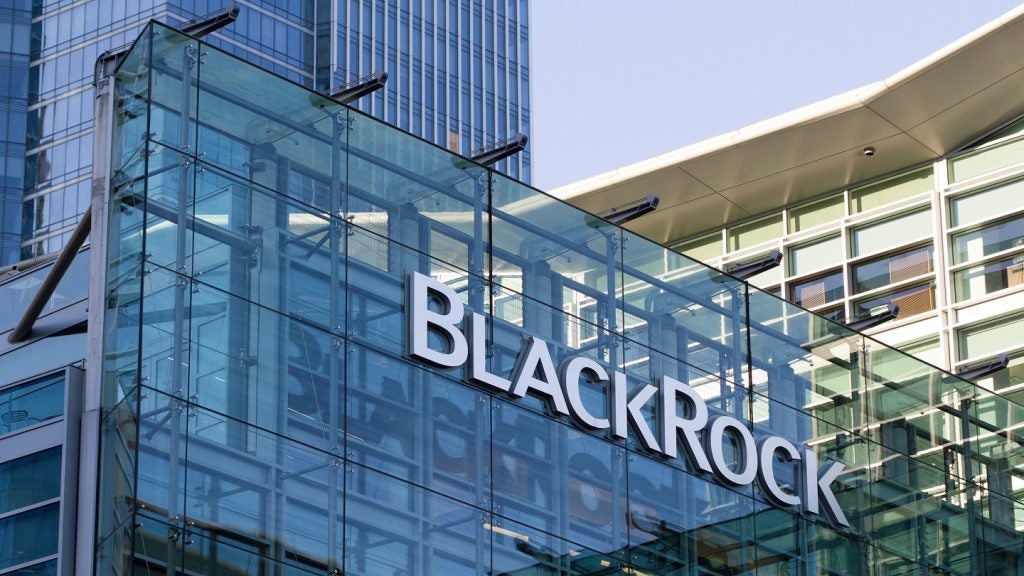
Four big banks, including HSBC and Standard Chartered, have reportedly left an UN-backed project to examine the climate targets set by businesses, according to Reuters.
The lenders have given up on the Science Based Targets Initiative (SBTi) in an effort to verify their objectives, fearing it will interfere with their ability to fund fossil fuels.
ABN Amro Bank and Societe Generale are among the banks that have expressed concern about the difficulty of meeting climate targets, such as the SBTi’s requirements for setting greenhouse gas emissions targets.
In support of their separate and annual departures, a few banks pointed to their affiliation with the less restrictive Net-Zero Banking Alliance (NZBA), an organisation supported by the UN that permits lenders to fund fossil fuels as long as they reduce their emissions.
Given that economies continue to rely on fossil fuels, many lenders argue that they should continue to support them.
The global standard for reducing greenhouse gas emissions that is most widely embraced is under threat due to the withdrawal of the four banks.
Since its founding as a non-profit organisation, SBTi has verified that the emissions goals of almost 4,000 businesses worldwide are in line with the intergovernmental Paris Agreement, which aims to keep global warming to 1.5 degrees Celsius.
This year, SBTi revealed plans for a fresh norm that will only apply to financial institutions starting in 2024. Banks and asset managers will have to refrain from funding any new fossil fuel initiatives.
When reached for comment, a standard chartered spokesperson said: “Standard Chartered’s commitment to net zero by 2050 is ambitious, robust and science-based, and includes alignment with International Energy Agency (IEA) scenarios and the Mission Possible Partnership decarbonization pathways for global industries. By the end of 2023 we will have completed science-based target setting for 11 out of the 12 NZBA-identified high emitting sectors. This includes an absolute emissions target and trajectory for the oil and gas sector that is consistent with the Paris Agreement.
Our sector-led approach to net zero prioritises reduction in the highest emission sectors, and seeks to support a just transition that encourages the economic and social development of our dynamic market footprint. This is particularly important as the majority of our 52 markets do not have national net zero commitments, or have targets that run beyond 2050. As such, our activity focuses on ambition and engagement that accelerates the transition in the sectors and markets where change is needed most, and where the impact of climate change is often most acute.
The latest proposal for Financial Institutions from the Science Based Targets initiative (SBTi) lacks sector guidance that adequately considers the transition of our clients and markets. As such, we have chosen not to seek SBTi validation for our targets and have instead pursued alternative third party assurance. We recognise that SBTi has a role to play in the wider sustainability ecosystem and otherwise remain engaged with them on relevant initiatives.”
On the same day, Société Générale restated its primary goals regarding progress towards sustainable development.
Don’t miss our coverage of COP28! Subscribe here for exclusive insights & analysis.






